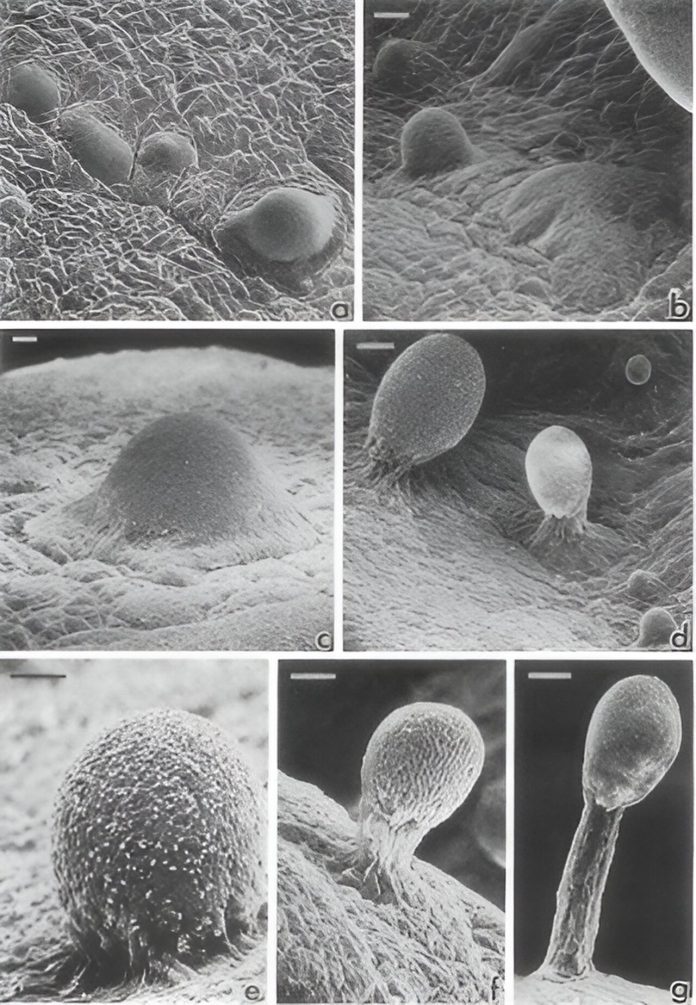Why eukaryotes, not bacteria, evolved complex multicellularity
Prokaryotic single-celled organisms, the ancestors of modern-day bacteria and archaea, are the most ancient form of life on our planet, first appearing roughly 3.5 billion years ago. The first eukaryotic cells appeared around 1–1.5 billion years later. However, eukaryotic cells have since diversified into many complex, multicellular organisms that we see around us every day—fungi, plants and animals—while prokaryotes have remained decidedly unicellular.



